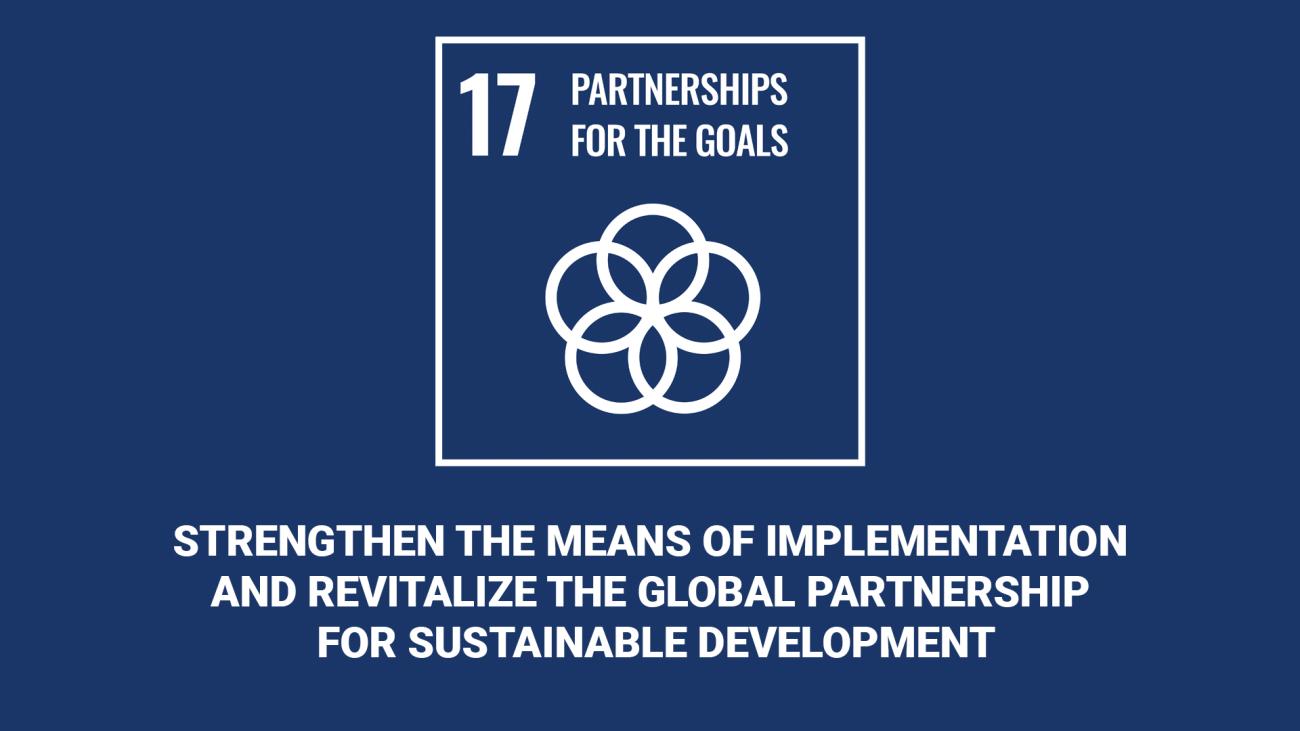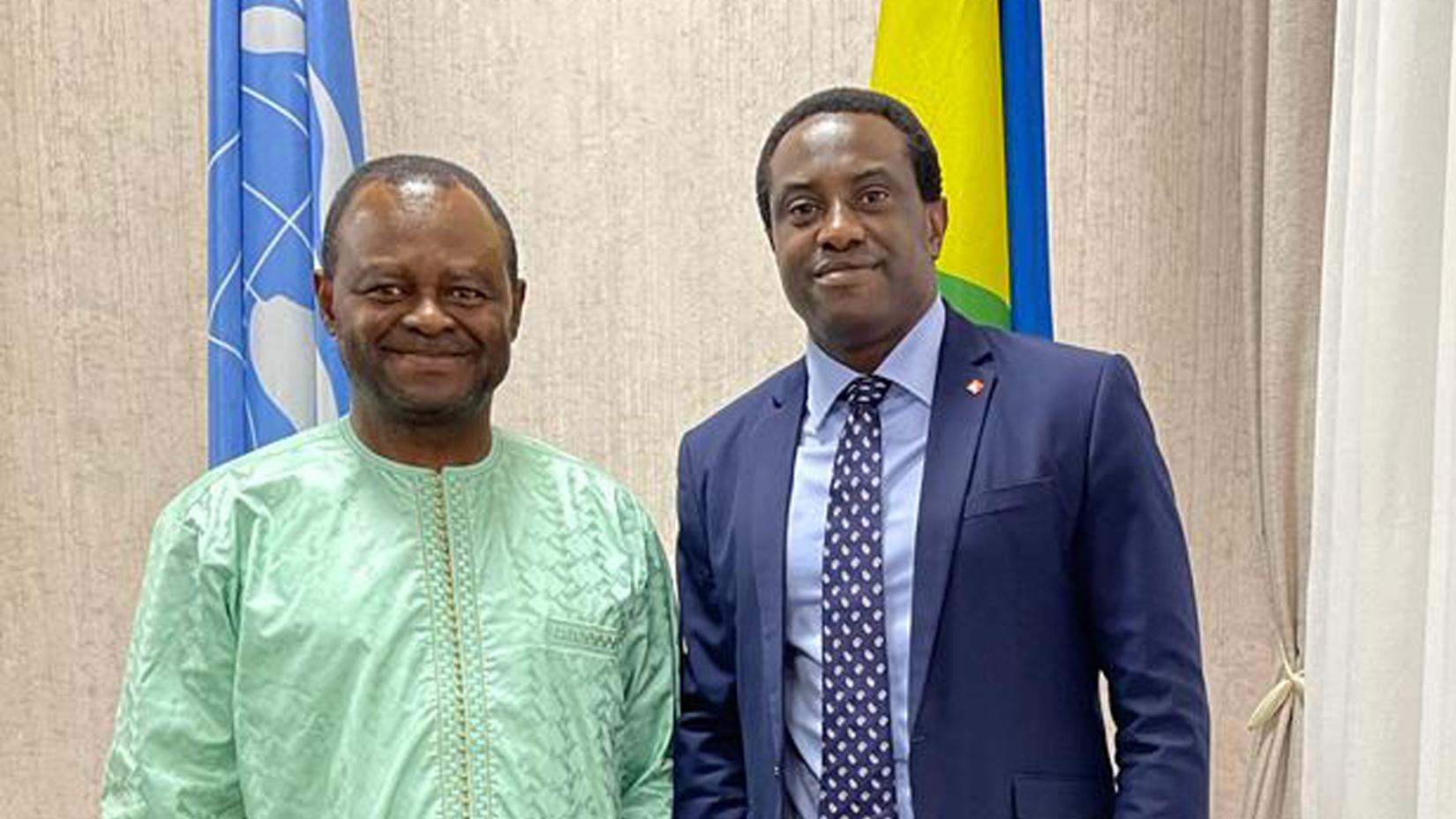Building transformational partnerships with the private sector

Building transformational partnerships with the private sector
Achieving #Agenda2030 targets requires enhanced partnerships, where the private sector, governments, and civil-society organizations combine their efforts and resources to jointly address societal problems and foster sustainable development.
These are the kinds of partnerships that have proven to bridge the gap between entities and the grassroots, thus creating a more efficient and effective way of delivering for the people.
Why partner with the private sector
In recent years, it has become increasingly apparent that building partnerships with private sector has tremendous benefits. This is because the private sector possesses a wealth of resources and expertise that can be utilized to make initiatives more effective and far-reaching.
By leveraging the resources and capabilities of the private sector, not only can the impact of development efforts be amplified, but businesses also gain the opportunity to grow and expand.
UN’s engagement with private sector
The UN, both on the global and national levels, has long partnered with the private sector to support the Sustainable Development Goals, which seek to end poverty, protect the planet, and ensure prosperity for all. This is coupled with creating an enabling environment for the private sector by encouraging investment and innovation, supporting the development of markets and infrastructure that enable businesses to access resources and capital.
Different UN agencies in Rwanda have actively worked with the private sector to enhance financial inclusion, strategically mobilize businesses for results, fundraise capital to achieve scale, create decent jobs, and impact and streamline digitization of payments. The initiatives have impacted formal and informal sectors, tea factories, women, and youth in agriculture, health care services, ECDs at SMEs and benefited refugee communities among many others.
The interventions have achieved positive outcomes for both sides. With the right combination of resources, expertise, and commitment, both the UN and private sector work together to create real impact and lasting change.
UN RC meeting with GT Bank
“The key to effective partnerships is the ability to create a win-win solution that meets the needs of both parties.” We are committed to continue building and maintaining strong and meaningful partnerships with the private sector, so as to create the conditions for a sustainable future for all.” UN RC – Ozonnia Ojielo
The UN Resident Coordinator, Ozonnia Ojielo, on Monday, 6th February 2023, met with the Managing Director of Guaranty Trust Bank plc (GT Bank) Rwanda, Emmanuel Ejizu and the Head of Retail, Martin Ntwali, to explore joint initiatives to strengthen private investment holdings and ownership. They also discussed the potential to use the bank’s services to support UN programmes, projects, and initiatives in the areas of poverty reduction, women, and youth empowerment as well as overall economic development.
Mr. Ejizu, expressed the Bank’s commitment to the UN’s mission to promote financial inclusion and the importance of leveraging technology and digital services to empower vulnerable people.
He further noted that the Bank is committed to capitalise on its resources and expertise to work with the UN in developing innovative solutions to societal challenges.
"We are committed to nurture partnerships with key players to create a better and more sustainable world. Together, we can make a positive impact in the communities we serve.” MD of GT Bank Rwanda, Emmanuel Ejizu
This is one of the meetings that the UN RC as well as other UN heads of agencies convene with an aim to explore the potential for strategic partnerships with the private sector entities that could benefit the people of Rwanda.

Forward looking – blended financing
In the wake of declining funds, blended financing has become a crucial tool for unlocking the trillions of dollars of private capital needed to meet the Sustainable Development Goals (SDGs). Transformative partnerships with the private sector are essential for blended financing to be successful, as they allow governments, foundations, and private investors to work together to identify and develop projects, provide technical assistance, and create incentives for private sector investment.
It’s the basis upon which investors and governments take on riskier investments, that may not be attractive to the private sector on their own. It also helps create new markets for impact investments, taking advantage of public funds to attract private capital to projects that have social and environmental benefits.
With blended financing, key players will find innovative solutions to development challenges and unlock the potential of private capital to create a more equitable and prosperous world.

